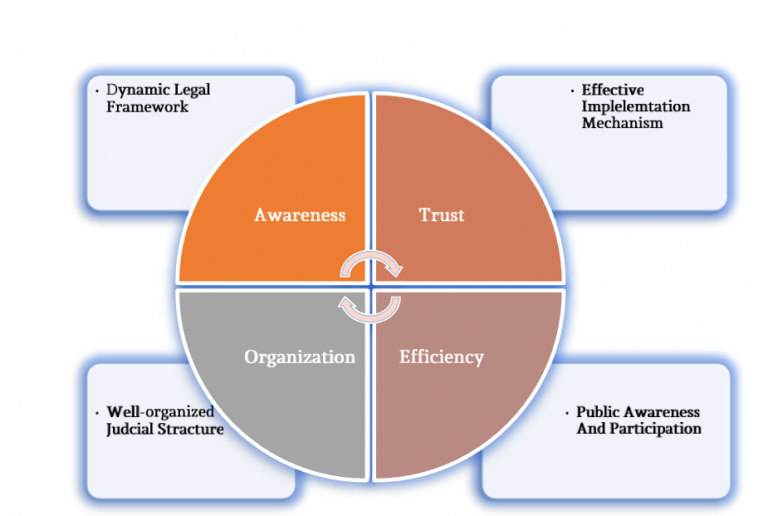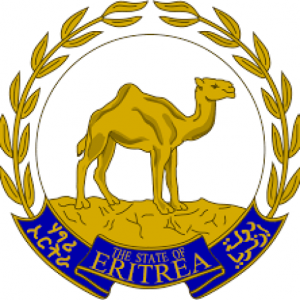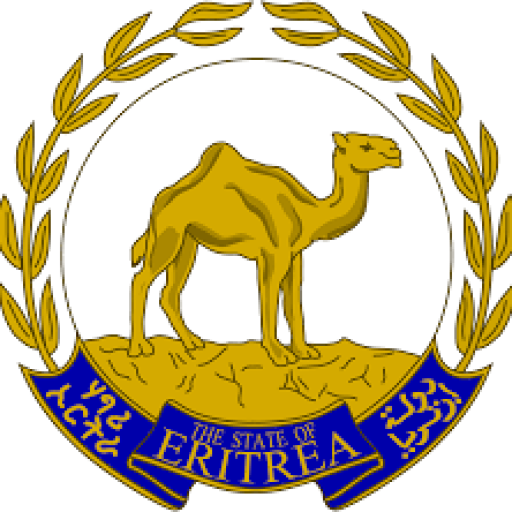Our Vision
Uphold Rule of Law Centered on Human Dignity
The Approach
The Ministry of Justice has been developing a realistic strategy with the view of harmonizing history, culture, current realities/needs and the law. In line with this, the main purpose of the strategy is to create a comprehensive package of options of paths to justice to which citizens could have an easier access and thereby become capable of making a more informed decision to resolve their justiciable problems in a more efficient way.

Programmes of the Ministry of Justice
Based on four interrelated pillars..
A dynamic legal framework which fits to the actual reality on the ground.
Institutionally well-organized judicial structure that operates with limited resources.
Effective implementation mechanism with adequate human capacity.
Public awareness and participation.

This pillars are in everlasting development and the Ministry of Justice. Needless to say, clear-cut indicators need to be outlined in order to have and provide information useful in assessing how the components of the justice system are performing. Again, these indicators emanate from Eritrea’s own realties and at least include the principles enshrined upon its history, culture and basic laws. The Ministry uses these indicators to further enhance the above pillars in such a fashion as they can fit to both fixed and variable situations of the country. These indicators are awareness, trust through a feeling of ownership, organization and efficiency.
Mission
Ensure efficient, impartial, quality and participatory access to justice and guarantee the maintenance of national values in line with national and global development
Guarantee public trust and confidence in the justice system
Build and maintain the overall institutional capacity of the Ministry in general and ensure the competence, integrity and prudence of the human capital
Major Mandates
Pursuant to Legal Notice 14/1993 mandates of the Ministry of Justice includes:
- Determine the places and establish court related services;
- Oversee the proper function of courts and the prosecution;
- Drafting and codification of national laws;
- Provide legal advice to government institutions;
- Follow-up the proper implementation of court decisions, and
- Engage in public awareness activities partnering with appropriate stake holders;
Structure
Under the Office of the Minister of Justice there are four departments.

Legal Services

Access to Justice

Research and Documentation

Organizational Development
